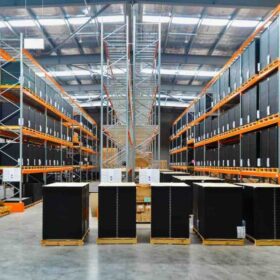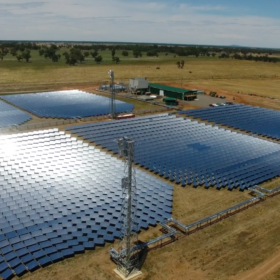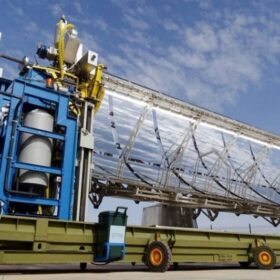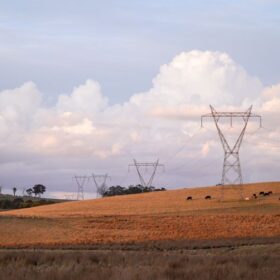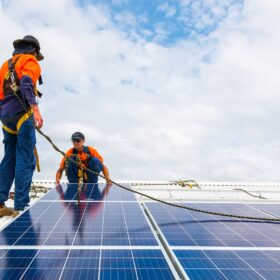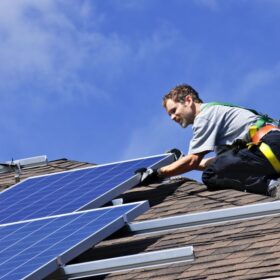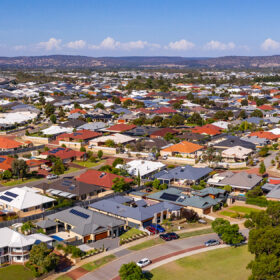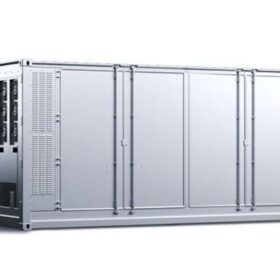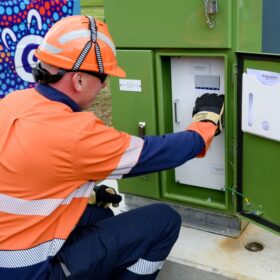Solar SunShot’s local manufacturing boost timed well for exports to Asia
Australian renewable energy businesses and technology manufacturers are in the box seat to play a pivotal role in the Asia Pacific region’s green economy transition but they have been urged to build their understanding of the market landscape so they are equipped to seize the opportunities on offer.
Vast signs key contracts for South Australian concentrated solar plant
Renewables developer Vast Solar has inked key engineering contract as it pushes towards construction of a 30 MW concentrated solar thermal power plant with more than eight hours of energy storage capacity near Port Augusta in South Australia.
GridBeyond looks to build Australian footprint with new funding
Ireland-headquartered smart energy company GridBeyond plans to expand its operations in “key market” Australia as part of a broader global growth strategy after securing more than $86 million in new funding.
SGC, SMO to deploy 100 MW of solar waste-to-energy in Australia
Australian project manager SGC will partner with French company SMO to install 100 MW of solar waste-to-energy systems in Australia. They aim to deploy a total of 50 waste-to-energy units in the next three years, with plans to scale up to 1 GW in the future.
Access applications ‘officially open’ for Central-West Orana REZ
The first access rights for up to 6 GW of new solar, wind and storage capacity in the Central-West Orana Renewable Energy Zone are now on offer as the New South Wales government continues to progress Australia’s first coordinated renewable energy zone to reality.
Rooftop solar on the rise in Australia’s clean energy mix
Combined rooftop solar capacity is now the second largest source of renewable electricity generation in Australia with new analysis showing that PV systems mounted atop the nation’s buildings provided more than 10% of the country’s power supply in 2023.
Queensland commits $2.5 million for solar panel recycling scheme
The Queensland government has committed $2.5 million to progress the development of an “Australian first” solar panel recycling scheme in preparation for the “thousands” of PV panels installed on rooftops and across large-scale solar farms in the state that are approaching end of life.
Report reveals 48.5 GW of untapped PV potential on Australian residential buildings
Australia has firmly established its status as a global leader in residential solar deployment with 35% of all houses having already installed rooftop systems but new data reveals there is almost 50 GW of “untapped PV potential” on residential buildings across the country.
CATL unveils first mass-producible battery storage with zero degradation
China-based Contemporary Amperex Technology Co. (CATL) has launched its new TENER energy storage product, which it describes as the world’s first mass-producible 6.25 MWh storage system, with zero degradation in the first five years of use.
Endeavour goes live with community battery on NSW south coast
Endeavour Energy has activated the first community battery on its network in the New South Wales South Coast as part of a broader program the electricity distributor says will support a higher uptake of renewables and allow more households to access the benefits of rooftop solar.
